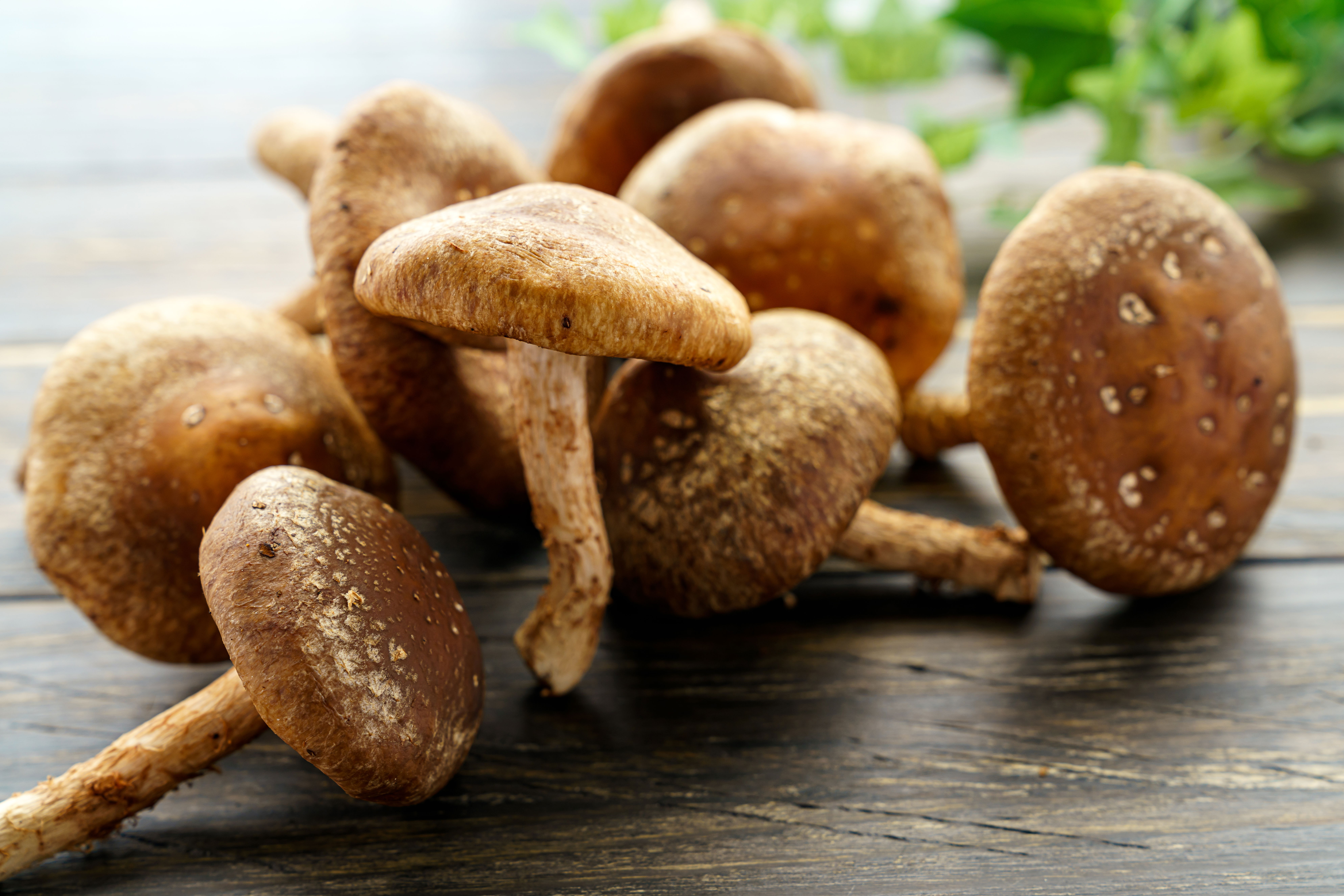Umami: All You Need To Know

It's tricky to understand what exactly happens when we season our food with, say, soy sauce or Parmesan cheese, but we know that it makes the dish 100 times better. And that's the power of umami.
Only discovered a century ago, and identified in Japan, umami has quickly become a food staple for chefs worldwide. Considered the'fifth taste', the name translates directly to mean'delicious' (umai) and'taste' (mi). Luckily for us, it is present in many of the foods we eat, from tomatoes and mushrooms to meat and cheese.
Umami is now being studied for its health benefits too. To understand the benefits of umami, you need first to understand what exactly it is.
What is Umami?
It's not easy to describe umami, but it's that lingering flavor found in hearty dishes cooked with meat and broth that stimulates your appetite and leaves you feeling full and satisfied after a meal. Stock. And this discovery is what led to the development of monosodium glutamate (MSG) seasoning. A very controversial seasoning, MSG is naturally found in many foods and can be eaten safely.
The Benefits of Umami
As we've said, umami's unique flavor is due to glutamate. Glutamate is created by a conversion of glutamine --which is the most abundant neurotransmitter in the brain --and it is important for our body's health. Just not too much of it.
What Are the Benefits of Umami?
- It provides a feeling of satisfaction after eating a meal.
- It is the main energy source for the cells that line the gut and is needed to produce glutathione, which keeps your gut lining healthy.
- It helps the body stimulate the digestive process by increasing saliva, gastric juice, and gut movement.
- It supports normal brain processes such as memory, cognition, and learning.
- It also helps us consume less added salt, sugar, and fat because it tells your brain you're happy with your food – that you're satisfied and don't need to add further salts or overeat.
- Elderly people often experience a loss of appetite and taste. Umami can help increase saliva production and make foods more palatable.
5 Things about Umami Benefits You May Not Have Known
- Just the right amount: Too little umami, and you won't know it's there. Too much of the flavor, and it is quite unpleasant. A small to medium range of flavor is best.
- MSG = Umami: That's right. MSG was invented by synthesizing the umami flavor. So adding MSG to your food is essentially adding the umami flavor.
- Salt and umami go hand in hand: To put it plainly, umami can only be tasted in the presence of salt. Adding umami to low-salt foods will up the flavor perfectly. This can be quite helpful for older people who may have difficulty tasting foods.
- Breast milk has umami: That means the very first thing we ever taste might be the umami flavor. Apparently, the amount of umami in breast milk is similar to the amount in a chicken broth.
- Brings balance: Adding umami is similar to adding salt to your food. It makes the food taste better and balances flavors. Umami gives dishes an added savory quality that can round out a dish perfectly.
Foods with Natural Umami
Ensure you add natural foods high in glutamate to your diet, and you will reap the benefits of satiety and healthy digestion, balancing your body's functioning. Here are just a few ways to enjoy umami the natural way:
- Parmesan : If you enjoy Italian food, you have probably already guessed that freshly-shaved Parmesan is high in glutamate. It adds such a deep, salty flavor to so many dishes when sprinkled on top. Pasta and soup are incomplete without Parmesan, and its umami properties.
- Tomato Paste : The tomato is high in umami, and so tomato paste provides a good, concentrated savory tomato flavor. It's an easy addition to soups, stews, and pasta. And you won't even need to add a lot.
- Anchovies : Not everyone is a fan of anchovies. If you struggle to enjoy them fresh or even the canned version, why not use anchovy paste? This will pair well with tomatoes in pasta sauces and salad dressings. Worcestershire sauce also has anchovies as an ingredient. . and works well as a marinade for meat and seafood.
- Mushrooms : Dried mushrooms are packed full of umami and can easily be added to soups, pasta, or stir-fries. Fresh mushrooms will work too.
- Kombu : You can find kombu, a type of dried seaweed, from good Asian or Japanese food stores. A few pieces boiled in any broth-based soup will add a delicious earthy, fish-like flavor, packed full of umami goodness.
What is Umami Powder?
This is an all-purpose spice and can be used as a mushroom seasoning in various dishes and as a tasty addition to meals after cooking. In particular, umami powder is a perfect match for steak, cheese, tomatoes, fish, fish sauce, eggs , fermented food, and fermented seasonings, which have a synergistic effect with their umami components.
How did umami powder come about? With the realization that there were almost no products that bring out the essence of umami to its fullest extent, Global Brand, Inc. decided to remedy this by putting their Umami Powder production into place. Umami Powder is a product that allows for the blending of umami mushroom flavors.
The company's manufacturing bases are located in Japan, and we emphasize producing products without compromising the original flavor of umami. We use carefully-selected dried shiitake mushrooms from Miyazaki Prefecture in Japan, which are certified kosher, and we grind them at our HACCP-compliant factory.
Make sure to try our shiitake mushroom powder product as a "secret ingredient" that maximizes your dishes' flavor.